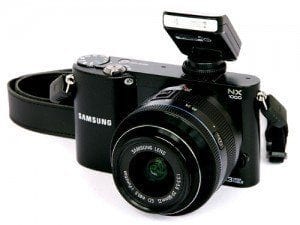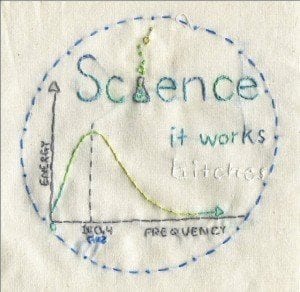
What financial papers you should keep and what you should toss
Are you the type of person to hold onto every last receipt until you’re drowning in papers? Or are you the type to throw everything away only to realize that maybe you should have saved those bank statements?
Whether you’re a paper hoarder or take a more passive approach to organizing your financial documents, College News now presents a guide on what papers to keep–and what you need to toss:
Short Term Files (0-3 Years)
ATM receipts–Simple enough: You can review these after any transaction for accuracy. Once an accurate transaction reflected on your bank statement, shred.
Bank statements – Keep for at least a year. You can usually download them online but most banks won’t keep statements longer than 6 months to a year.
Credit card statements – Keep them if they list tax deductible expenses or charitable gifts. If not, shred them once they’re paid.
Utility bills – Shred once they are paid, or keep them for future financial records. If you’re thinking about renting an apartment or opening up a new bank account, you may be asked to provide recent utility bills as proof that you can pay you bills dependably and on time.
Pay stubs – Keep pay stubs until the end of the year when you get your W-2, then shred.
W-2s – Keep for at least three years.
Medical bills – Hang onto these for at least year, in case you have to dispute an error in billing. It’s been known to happen, so be extra careful.
Papers regarding stocks or bonds – Once you receive your year end statement you can shred your quarterly statements.
Long-Term Files (Minimum 7 years):
Tax returns – Tax returns will be audited within 3 years. In some cases, an audit may be held 6 years after the return is filed. To be safe, keep tax returns for at least seven years.
Canceled checks – Keep on file in case you need to show proof of payment.
Savings account records – Keep your quarterly statements until you receive your annual then toss. Keep the annual statements until you decide to close the account.
Keep these papers permanently:
Birth Certificate – Store in a safe deposit box
Social Security Card – The Social Security Administration advises you not carry the card with you unless you are using it to fill out necessary paperwork. Store this together with your birth certificate
Passport – Keep safely until replaced. Don’t use this as an ID card.
Medical History File – Keep filed at home and update as necessary. It’s always a good idea to have the most up-to-date medical records.
Be sure that the documents you are tossing away are properly shredded to avoid a potential identity theft. Identity thieves are able to get important information about you just by rummaging through your trash and mail. Make it a habit to shred unnecessary documents so that you don’t fall victim to someone who is hoping you’ll be careless with them.
There’s no need to overwhelm yourself with a shiny “must-have” file cabinet and a color-coded filing statement. Find a simple system that works for you and that helps you keep your papers in order. Following this guide will ensure that your important papers are easily stored for when you need them. It’ll also help you eliminate any junk that’s no longer needed and any confusion you may have in knowing what papers to keep.















